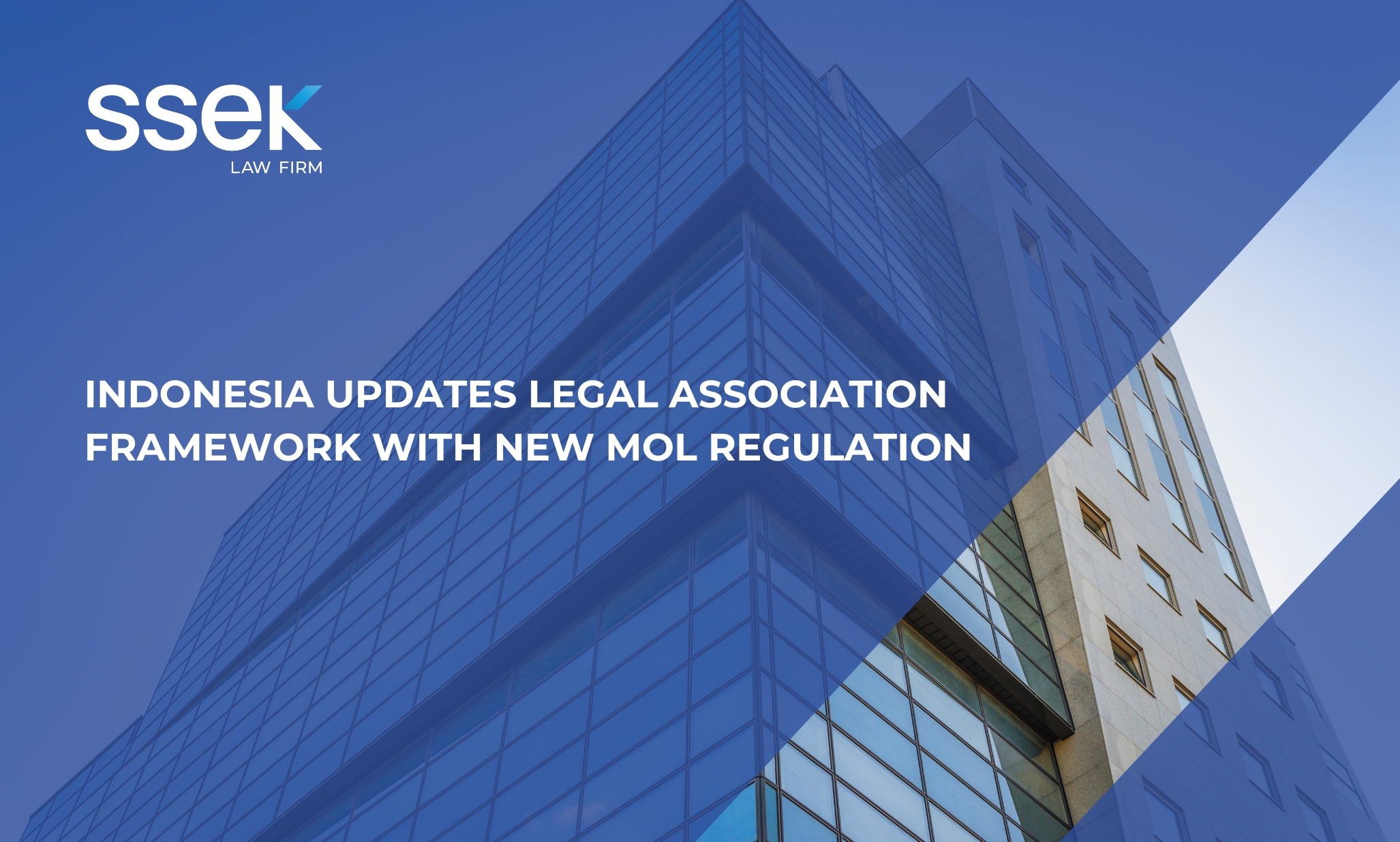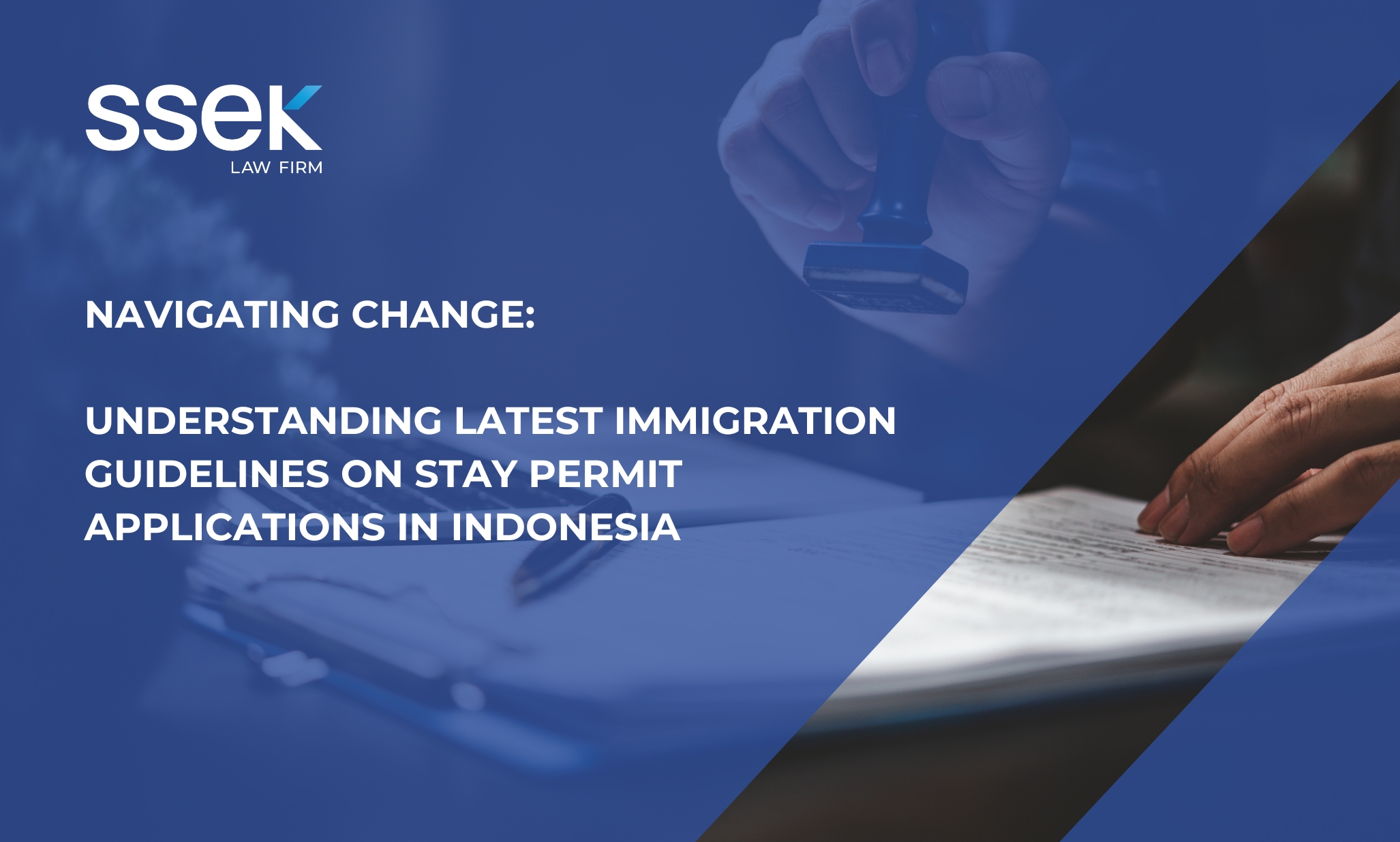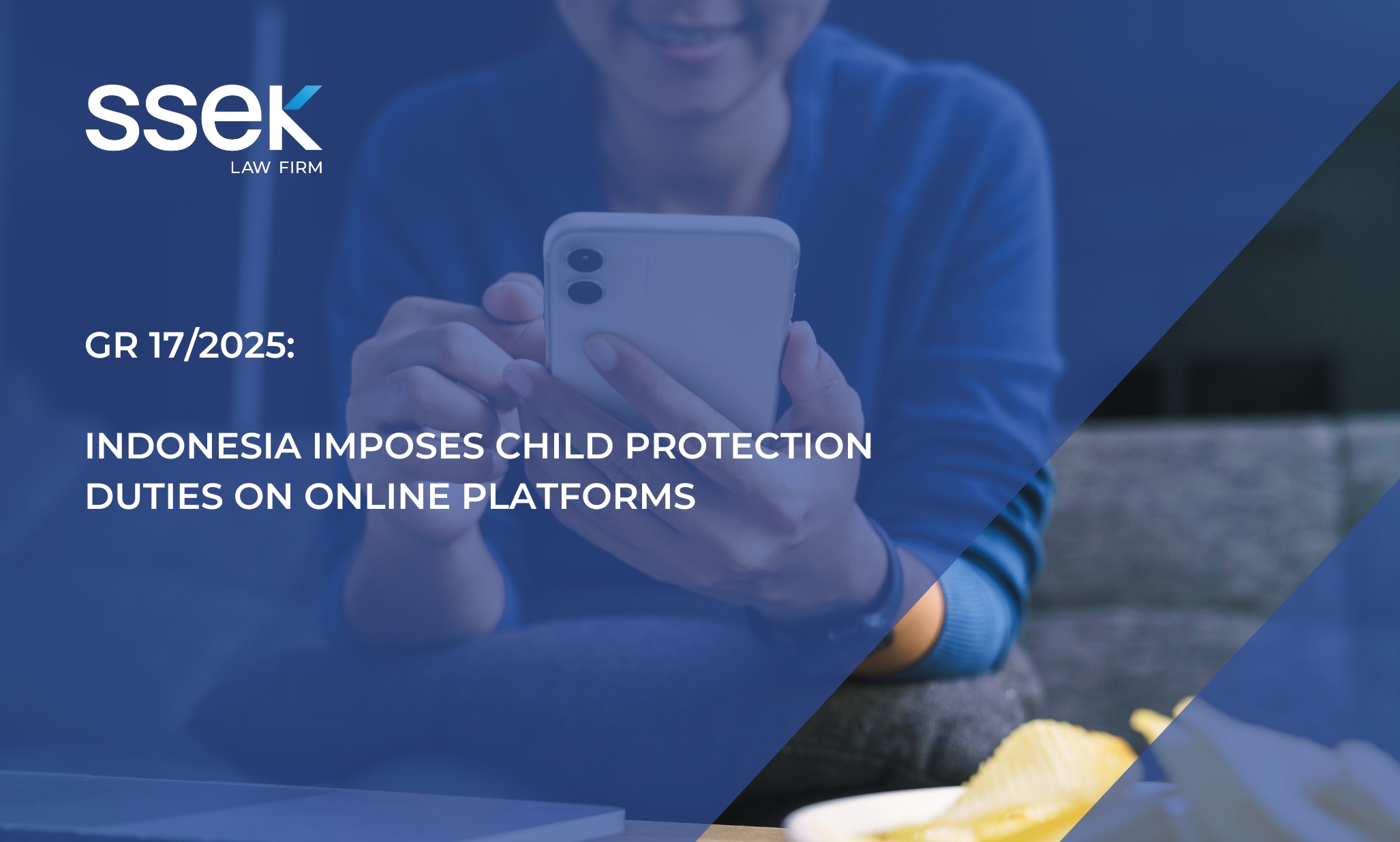

By Awang Fahrizal Bahrin
Indonesia's Construction Services Development Institute (LPJK) has issued LPJK Regulation No. 5 of 2014 regarding Integrated Construction Services Registration, dated June 11, 2014 (LPJK Reg. 5/2014 or the "New Regulation").
LPJK Reg. 5/2014 revokes LPJK Decision No. 15/KPTS/LPJKN/II/2012 regarding Procedures for the Re-Registration, Renewal of Terms, New Certificate Request of Integrated Construction Service Entities (LPJK Dec. 15/2012).
Changes in New Regulation
The New Regulation amends the requirements for the issuance of the Business Entity Certificate (Sertifikat Badan Usaha or "SBU") for integrated construction service companies. The SBU will be issued based on the Classification and Qualification of the business entity in question, as stipulated in the New Regulation.
Classification of Integrated Construction Service Companies
Article 8 of LPJK Reg. 5/2014 provides the working Classifications for integrated construction services, as follows:
- Integrated services for Transportation Infrastructure;
- Integrated services for Construction of Water Supply and Sanitation Work;
- Integrated services for Construction of Manufacturing Facilities; and
- Integrated services for Construction of Oil and Gas Facilities.
Large-Scale Qualification
Under LPJK Reg. 5/2014, an integrated construction service company's qualification is no longer called/categorized as Grade 7, as previously regulated under LPJK Dec. 15/2012. The qualification is now called/categorized as Large-Scale Qualification (Kualifikasi Badan Usaha Besar).
Articles 9 and 10 of LPJK Reg. 5/2014 stipulate that a business entity engaging in integrated construction services must secure a Large-Scale Qualification. To secure such qualification requires proof that a business entity is able to conduct integrated construction work that is high-risk, high-tech and high-cost.
Sub-Qualifications
Large-Scale Qualification is divided into two Sub-Qualifications, which consist of:
- Large 1 (B1) Sub-Qualification; and
- Large 2 (B2) Sub-Qualification.
B1 and B2 are both Large-Scale Qualifications and companies that are classified as such are able to conduct integrated construction work that is high-risk, high-tech and high-cost, as stated above. However, B1 companies generally engage in lighter large-scale work than B2 companies, in accordance with their financial capabilities and the requirements of the Sub-Qualification regulated under LPJK Reg. 5/2014. B2 is the highest qualification for a construction services company and companies that receive this qualification can engage in almost any large-scale integrated construction work.
Such requirements of the Sub-Qualifications above are based on the requirements and capabilities of the business entity in terms of (i) Net Worth, (ii) Experience and (iii) Engineers/Manpower. Below is a brief summary of such requirements:
(a) Net Worth Requirements:
- For B1 Sub-Qualification: Integrated construction service business entity must have a net worth of at least Rp 10 billion (US$815,000 at current exchange rates).
- For B2 Sub-Qualification: Integrated construction service business entity must have a net worth of at least Rp 50 billion (US$4 million at current exchange rates).
Article 36 (3) of LPJK Reg. 5/2014 stipulates that net worth is calculated from the total value of the company's equity. Such net worth must be evidenced by the business entity's balance sheet from the most recent fiscal year and a financial report from a public accountant.
(b) Experience Requirements:
- For B1 Sub-Qualification: The business entity must have experience in construction work over the past 10 years with a total cumulative value of at least Rp 50 billion (US$3.9 million at current exchange rates) or it must have been involved in a construction project with a minimum value of Rp 16.6 billion (US$1.3 million at current exchange rates) in the last 10 years.
- For B2 Sub-Qualification: The business entity must have experience in construction work over the past 10 years with a total cumulative value of at least Rp 250 billion (US$20 million at current exchange rates) or it must have been involved in a construction project with a minimum value of Rp 83.33 billion (US$6.8 million at current exchange rates) in the last 10 years.
(c) Engineers/Manpower Requirements:
- For B1 Sub-Qualification: Business entity must have one engineer of at least Medium (Madya) Level with a Certificate of Expertise (Sertifikat Keahlian or SKA) to be assigned as the Technical Supervisor (Penanggung Jawab Teknik or PJT), and four SKA-certified engineers of at least Medium Level to be assigned as Classification Supervisors (Penanggung Jawab Klasifikasi or PJK).
- For B2 Sub-Qualification: Business entity must have one SKA-certified engineer of at least Principal (Utama) Level to be assigned as PJT, and four SKA-certified engineers of at least Medium Level to be assigned as PJK.
It should be noted that under Article 9 (4) of LPJK Reg. 5/2014, a foreign investment limited liability company (PMA Company) is not eligible for B1 Sub-Qualification and must achieve B2 Sub-Qualification.
Role of Construction Associations
An SBU is issued by the LPJK through a construction association. Under Article 18 of LPJK Reg. 5/2014, construction associations have the role to verify and validate the SBU registration applications of business entities and their compliance with the above Classification and Qualification requirements. Therefore, an SBU application may have to be submitted to the construction association. The SBU will then be issued by the LPJK once all the requirements and supporting documents required under LPJK Reg. 5/2014 have been fulfilled and submitted by the business entity.
This article is intended for informational purposes only and does not constitute legal advice. This article should not be acted upon in any specific situation without appropriate legal advice.









